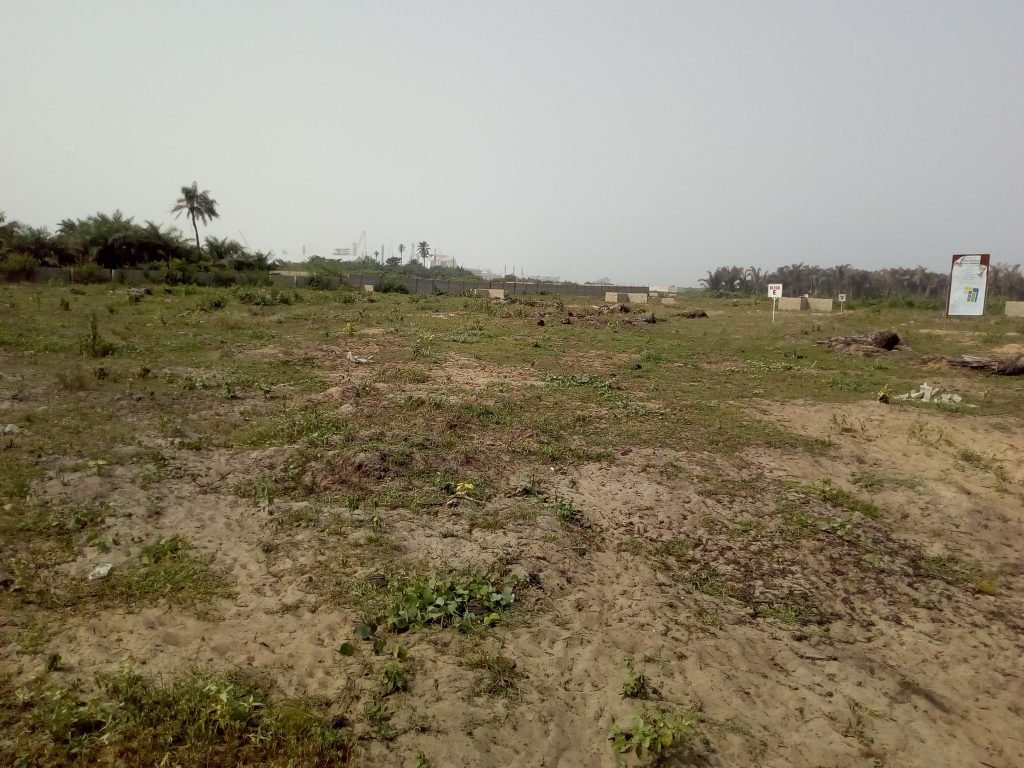Buying land in Nigeria is a significant investment, and it is crucial to conduct a thorough inspection before making a purchase. There are five essential factors to consider during a land inspection in Nigeria. By considering these factors, you can make an informed decision and protect your investment in Nigerian land.
Buying land in Nigeria: The 5 Key Considerations
A land inspection helps you identify potential issues and ensures that you are making an informed decision. Here are five essential factors to consider during a land inspection in Nigeria:
1. Land Documentation
Before finalizing any land purchase, it is essential to verify the authenticity and validity of the land documents. Request the seller to provide you with the necessary legal documents, such as the Certificate of Occupancy (C of O), Deed of Assignment, Survey Plan, and Gazette. Engage the services of a legal professional to review these documents and confirm their legitimacy.
2. Land Survey
A land survey is crucial to determine the accurate boundaries and dimensions of the land. Engage a professional surveyor to conduct a survey and produce a survey plan. This plan will help you understand the exact size and shape of the land, as well as identify any encroachments or inconsistencies with neighboring properties.
3. Physical Inspection
Visiting the land in person is vital to assess its physical condition. Look out for any signs of erosion, flooding, or other environmental concerns. Check for the presence of natural resources like oil, minerals, or water bodies, as these may have implications on land use and potential development restrictions. Additionally, evaluate the accessibility of the land by considering the road networks and proximity to essential amenities.
4. Land Use and Zoning Regulations
Understanding the land use and zoning regulations in the area is crucial before purchasing land in Nigeria. Different states and local governments have specific regulations governing land use, such as residential, commercial, agricultural, or industrial purposes. Ensure that the intended use of the land aligns with the existing zoning regulations to avoid any future legal or development restrictions.
5. Community and Neighborhood
Assessing the community and neighborhood surrounding the land is essential for a successful land purchase. Consider factors such as the availability of basic amenities like water, electricity, and healthcare facilities. Research the crime rates and security situation in the area to ensure the safety of your investment. Additionally, evaluate the potential for future development and growth in the neighborhood, as this can impact the land’s value over time.
Remember, a land inspection is a critical step in the land buying process, and it is always advisable to seek professional assistance. Engaging the services of a qualified real estate agent, lawyer, or land surveyor can provide you with expert guidance and ensure a smooth and secure transaction.
In conclusion, when conducting a land inspection in Nigeria, it is crucial to verify the land documentation, conduct a land survey, physically inspect the land, understand the land use and zoning regulations, and assess the community and neighborhood. By considering these five key factors, you can make an informed decision and protect your investment in Nigerian land.
Article updated 6 months ago. Content is written and modified by multiple authors.



